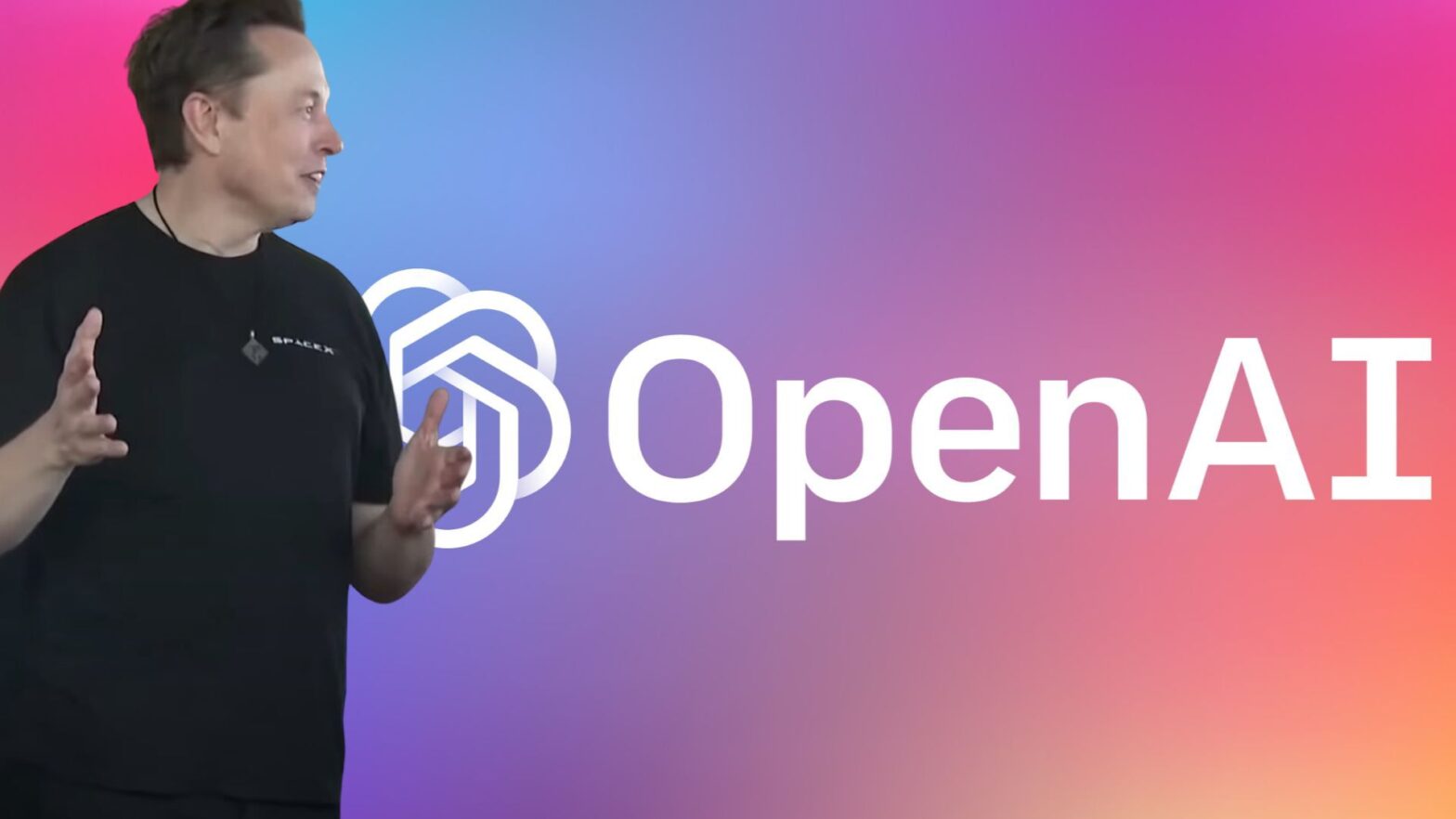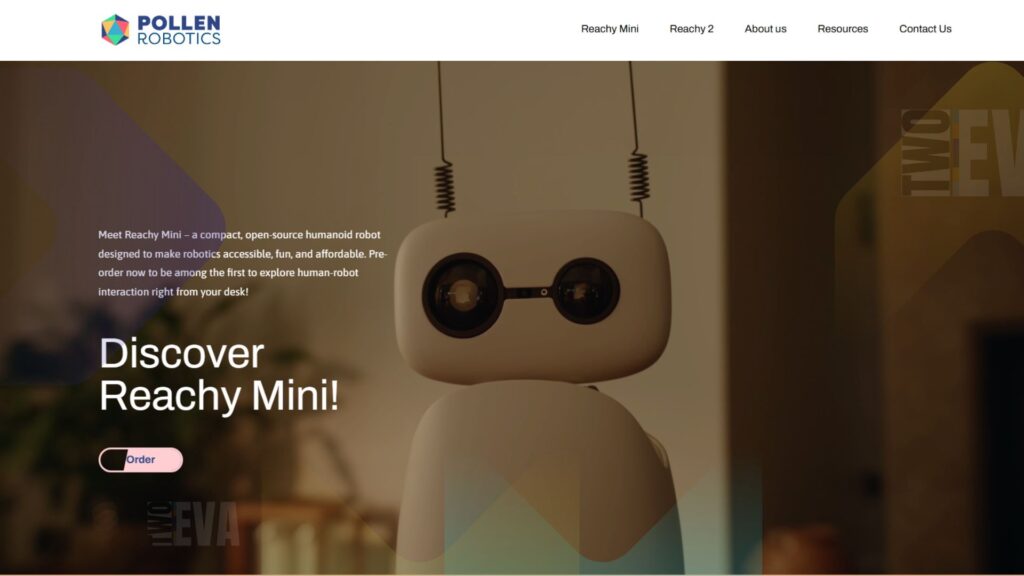In a dramatic turn of events, Elon Musk, the world’s richest man and co-founder of OpenAI, has made an unsolicited $97.4 billion bid to acquire the nonprofit organization that controls OpenAI. This move has sent shockwaves through the artificial intelligence industry and raised questions about the future direction of one of the most influential AI companies in the world.
The bid, submitted to OpenAI’s board of directors, was swiftly rejected by CEO Sam Altman. In a public exchange on X (formerly Twitter), Altman quipped, “no thank you, but we will buy Twitter for $9.74 billion if you want,” to which Musk replied, “Swindler.” This exchange, as reported by TechCrunch, highlights the ongoing tension between the two tech titans.
The Roots of Conflict
To understand the significance of this bid, it’s crucial to revisit OpenAI’s history. Founded in December 2015 by Musk, Altman, and other Silicon Valley luminaries, OpenAI was initially established as a nonprofit with the lofty goal of developing artificial intelligence to benefit humanity. However, disagreements over the organization’s direction led to Musk’s departure from the board in February 2018.
Since then, OpenAI has undergone significant changes. In 2019, it launched a for-profit arm, OpenAI LP, with a unique capped-profit structure designed to attract investments while maintaining ethical commitments. This move brought in substantial funding, most notably from Microsoft, which invested $11 billion for a 49% stake in the for-profit entity.
The Bid: Lifeline or Roadblock?
Musk’s bid comes at a critical juncture for OpenAI. The company is currently in the process of restructuring into a traditional for-profit public benefit corporation, aiming to raise more capital. This transition has already drawn scrutiny from the attorneys general of Delaware and California, who have requested additional information about the conversion plans.
The timing and magnitude of Musk’s offer raise questions about whether it serves as a potential lifeline or a significant roadblock for OpenAI’s ambitions. On one hand, the bid represents a substantial valuation for the nonprofit arm of OpenAI, potentially benefiting the organization financially. On the other hand, it complicates the ongoing restructuring process and could delay or derail OpenAI’s plans for expansion and fundraising.
Legal and Fiduciary Implications
Corporate governance experts suggest that Musk’s bid puts OpenAI’s board in a delicate position. Stephen Diamond, a lawyer who has represented Musk’s opponents in corporate governance battles at Tesla, told TechCrunch, “Musk is throwing a spanner into the works. He’s exploiting the fiduciary obligation of the nonprofit board to not undersell the asset.”
This situation forces the board to seriously consider outside bids and demonstrate that they are not underselling OpenAI’s nonprofit assets to insiders. The board must now navigate these complex fiduciary responsibilities while maintaining alignment with OpenAI’s mission to ensure that artificial general intelligence benefits all of humanity.
The Road Ahead
As OpenAI gears up for a funding round that could value its for-profit arm at $260 billion, with the nonprofit slated to receive a 25% stake, Musk’s bid adds another layer of complexity to the negotiations. It may potentially raise the market value of OpenAI’s nonprofit assets, forcing the company to reevaluate its capital needs and complicate talks with existing backers.
Moreover, SoftBank is reportedly preparing a multibillion-dollar investment in OpenAI, which could value the company above $200 billion. This further underscores the high stakes involved in OpenAI’s future direction and valuation.
While OpenAI’s board is likely to side with Altman, given that most directors joined after his brief dismissal and subsequent rehiring in late 2023, the bid has undoubtedly stirred the waters. It has brought renewed attention to the delicate balance between OpenAI’s original mission and its commercial pursuits.
As the AI landscape continues to evolve rapidly, the outcome of this bid and OpenAI’s restructuring will have far-reaching implications for the industry. Whether Musk’s offer serves as a lifeline by potentially increasing OpenAI’s valuation or a roadblock by complicating its transition remains to be seen. What’s clear is that the future of one of AI’s most prominent players hangs in the balance, with the potential to reshape the trajectory of artificial intelligence development for years to come.

















